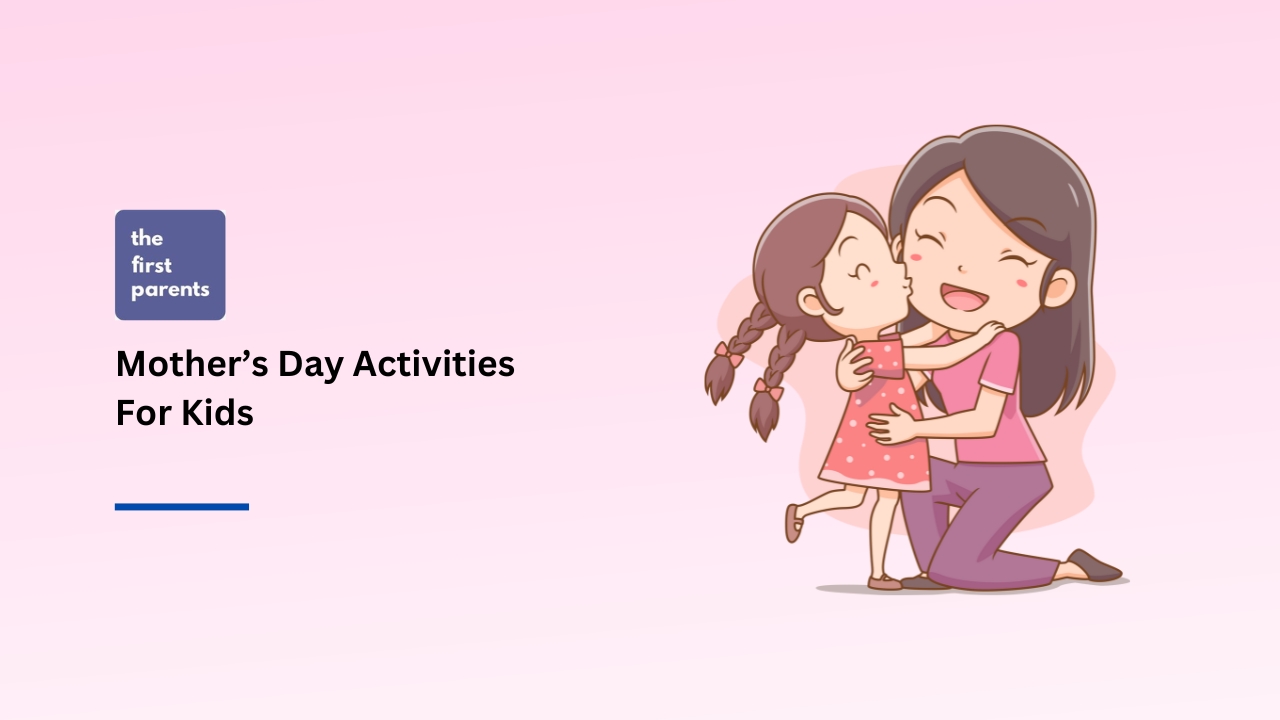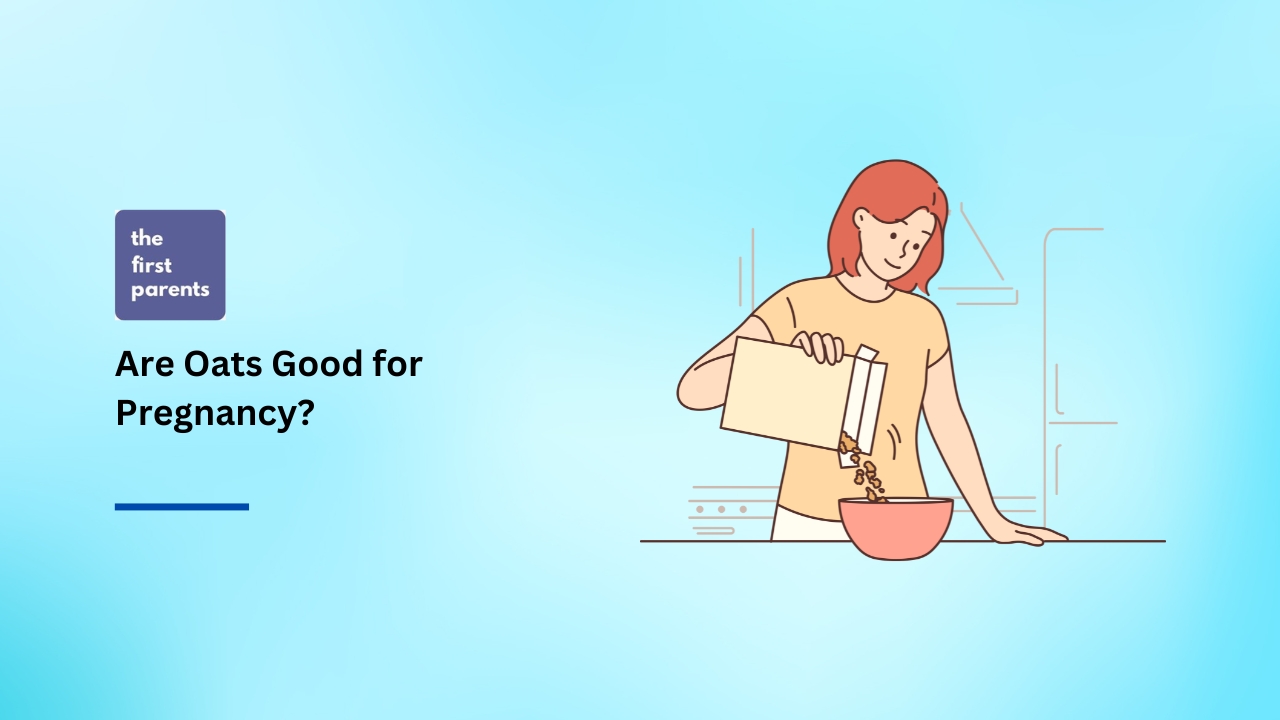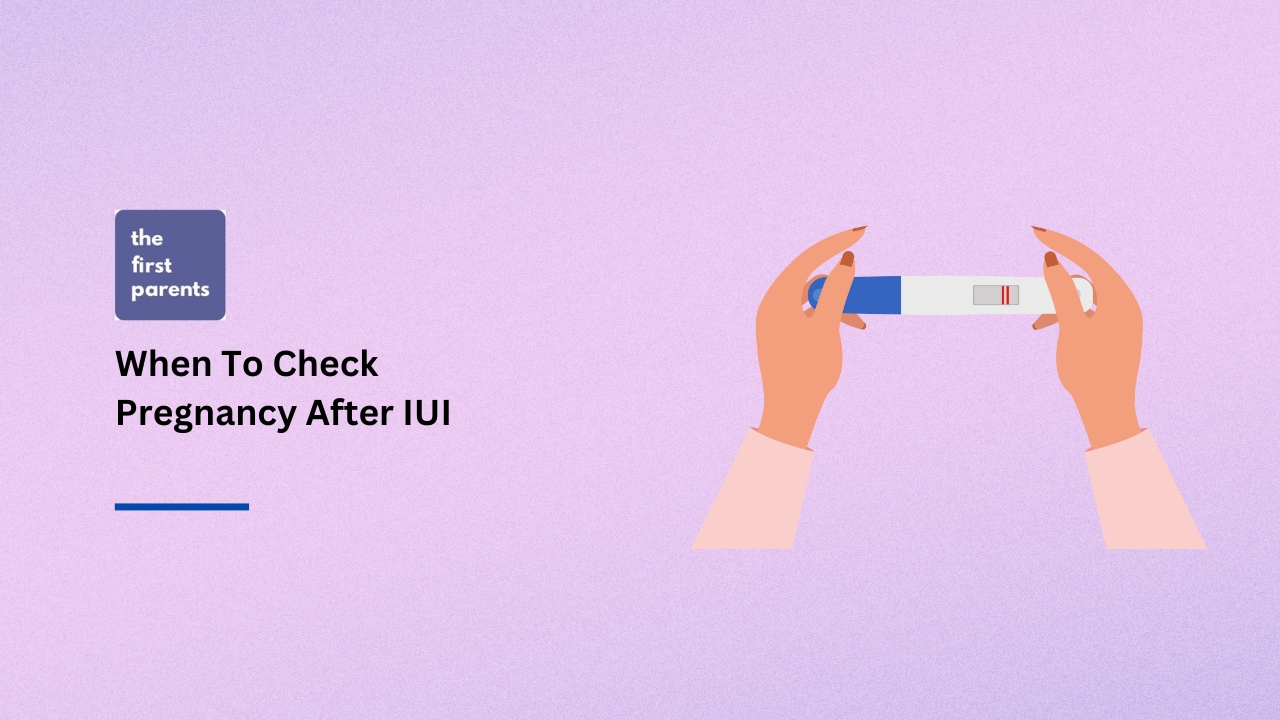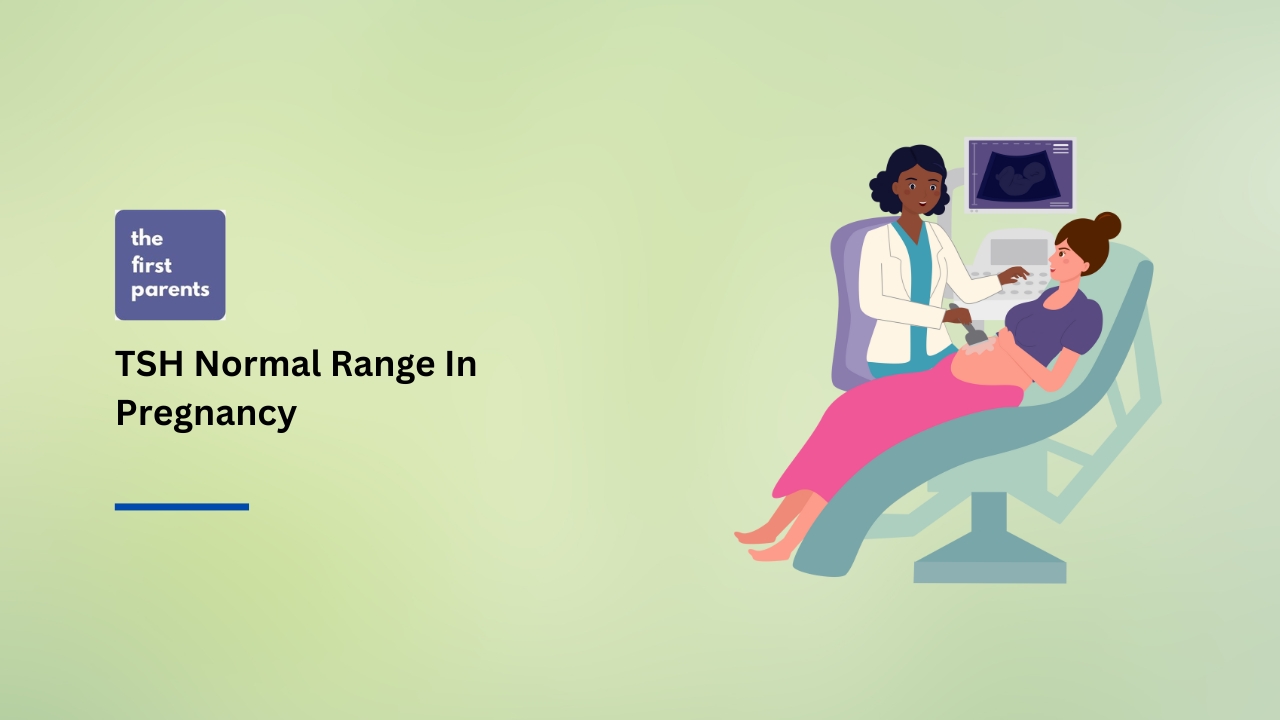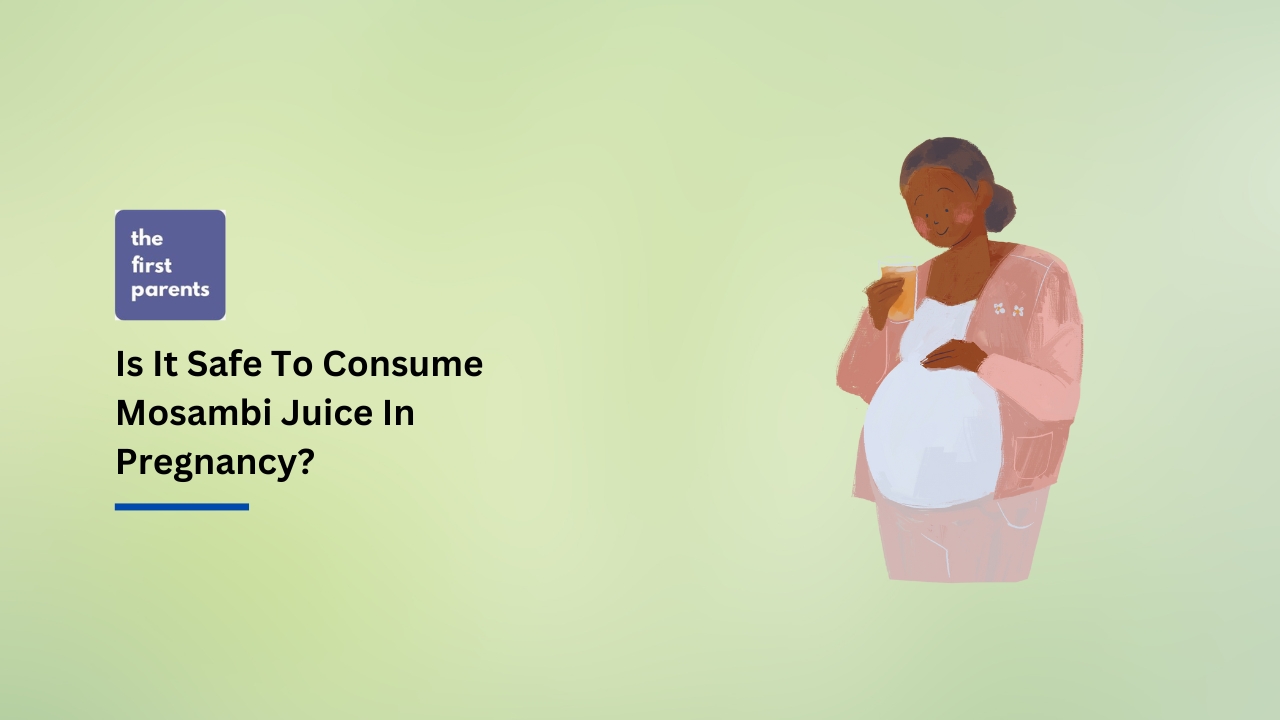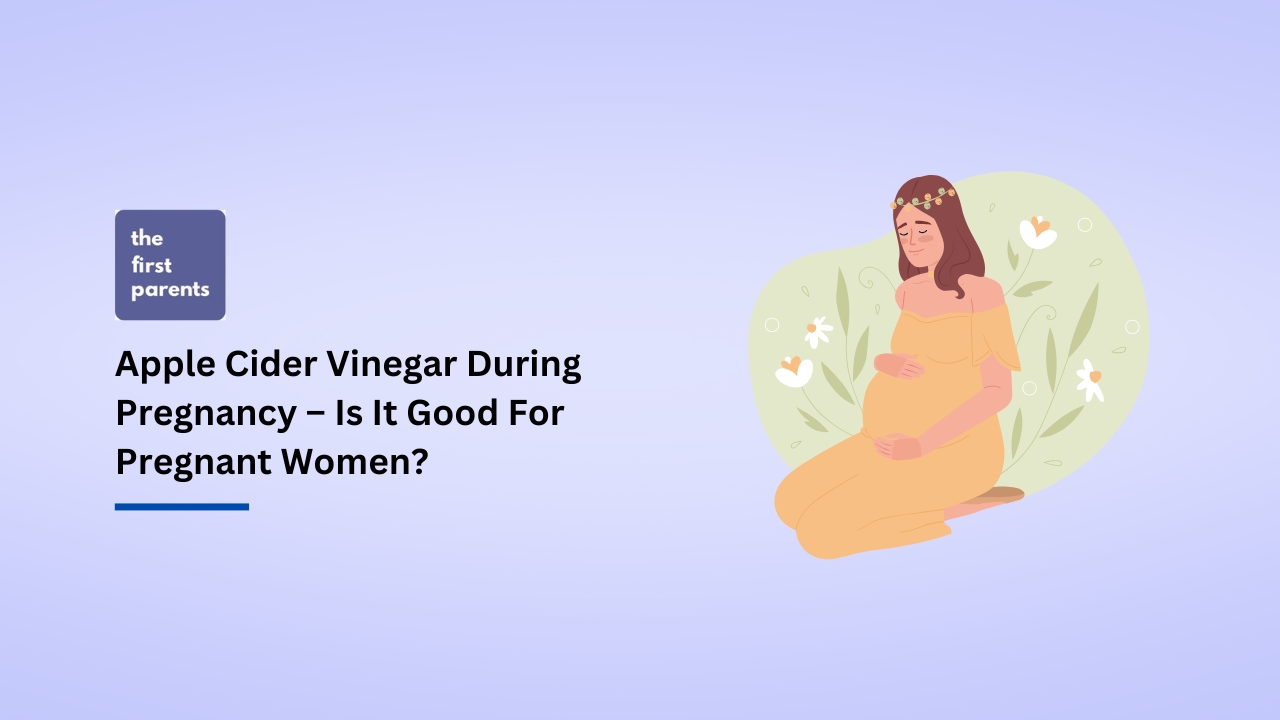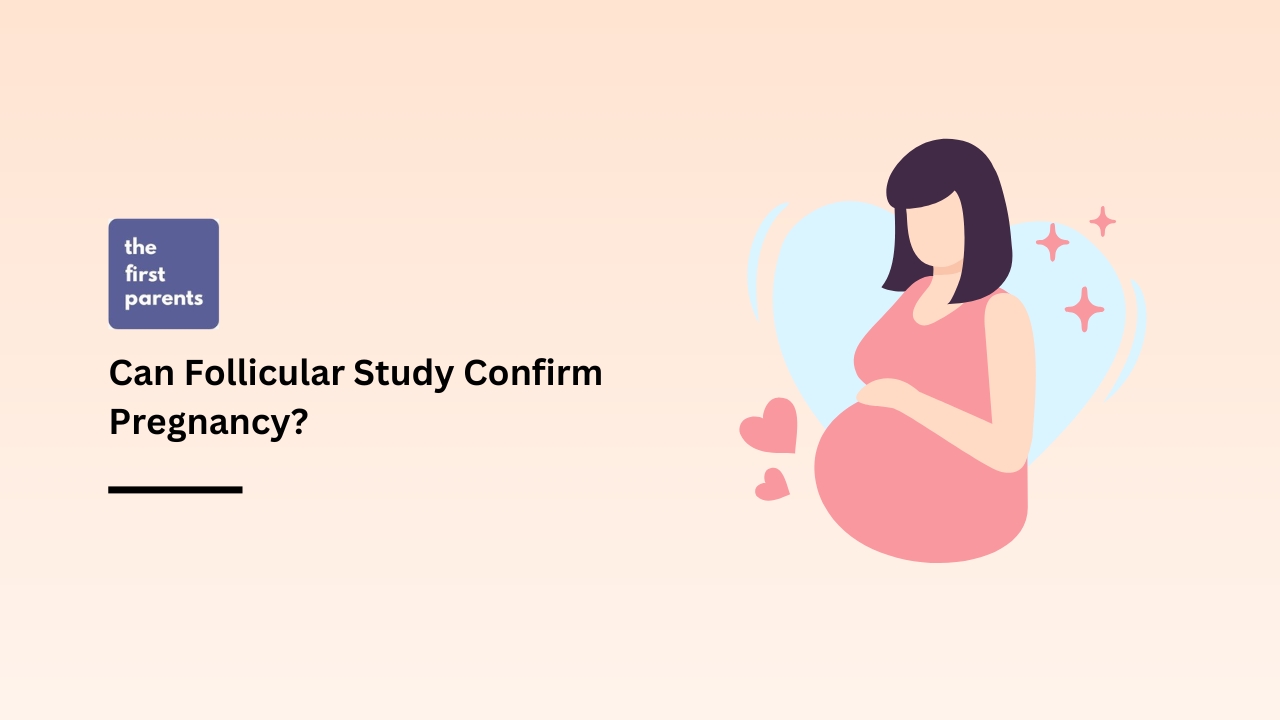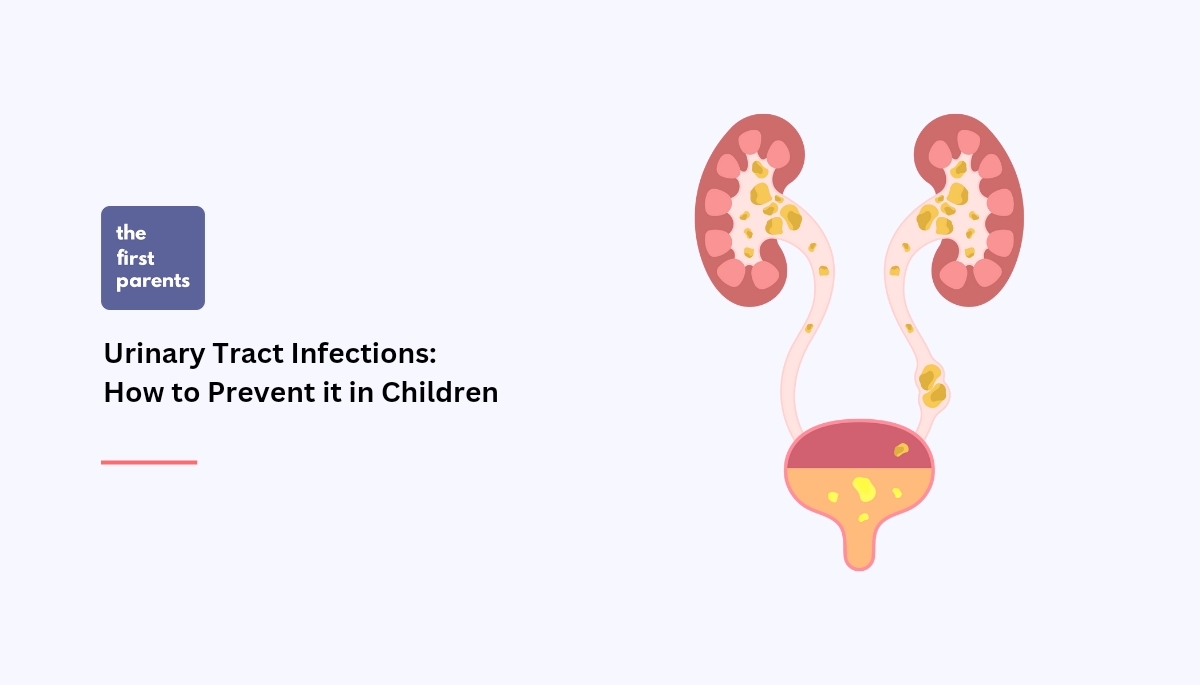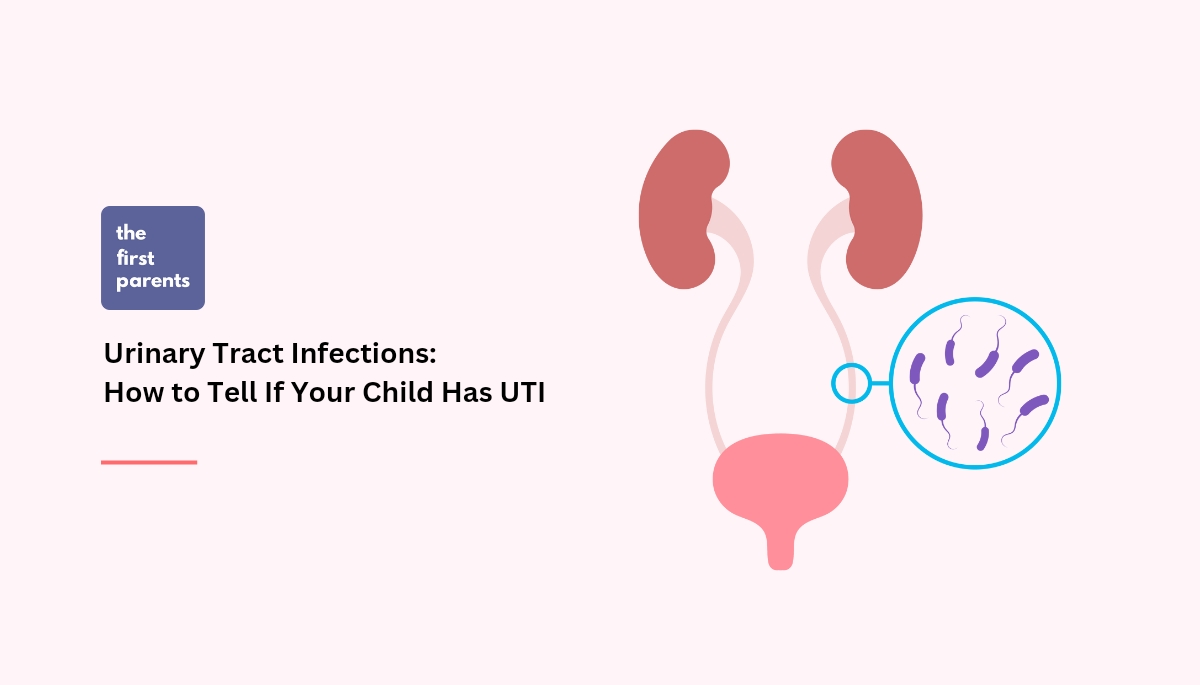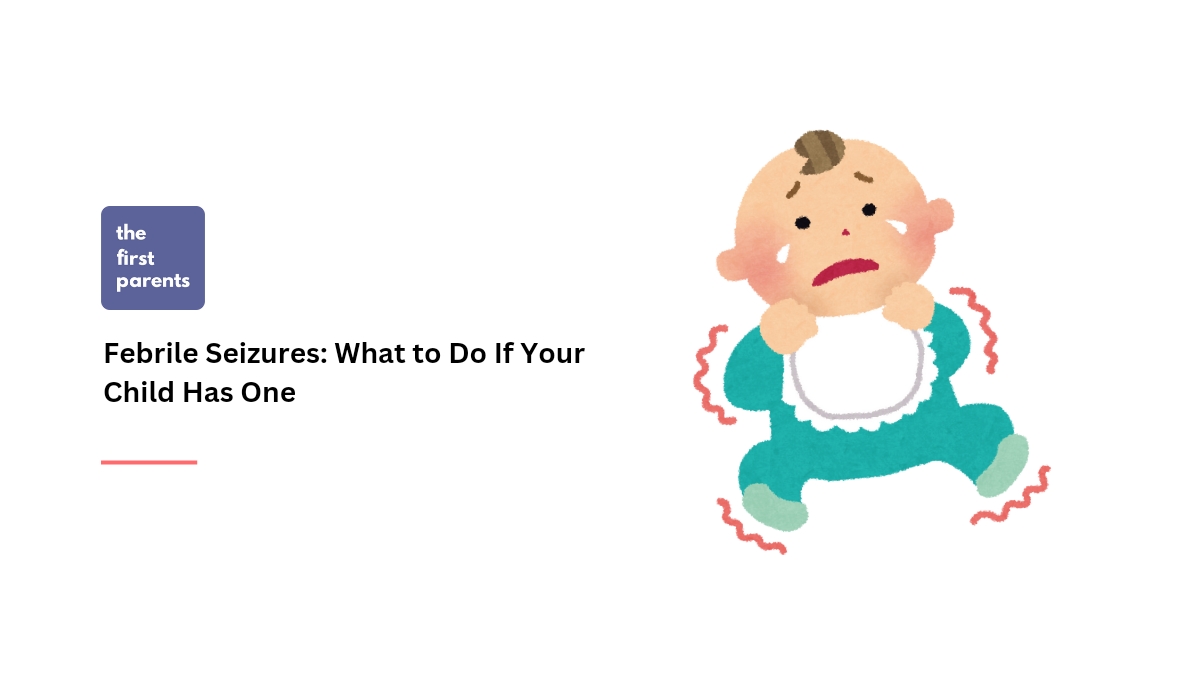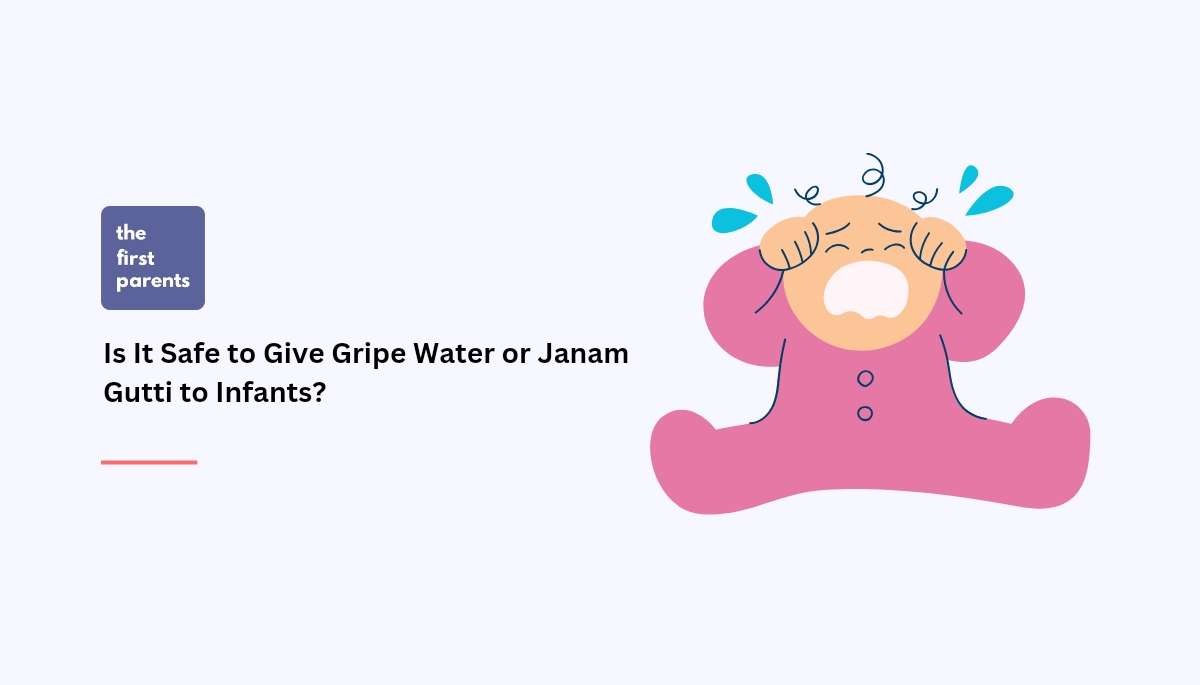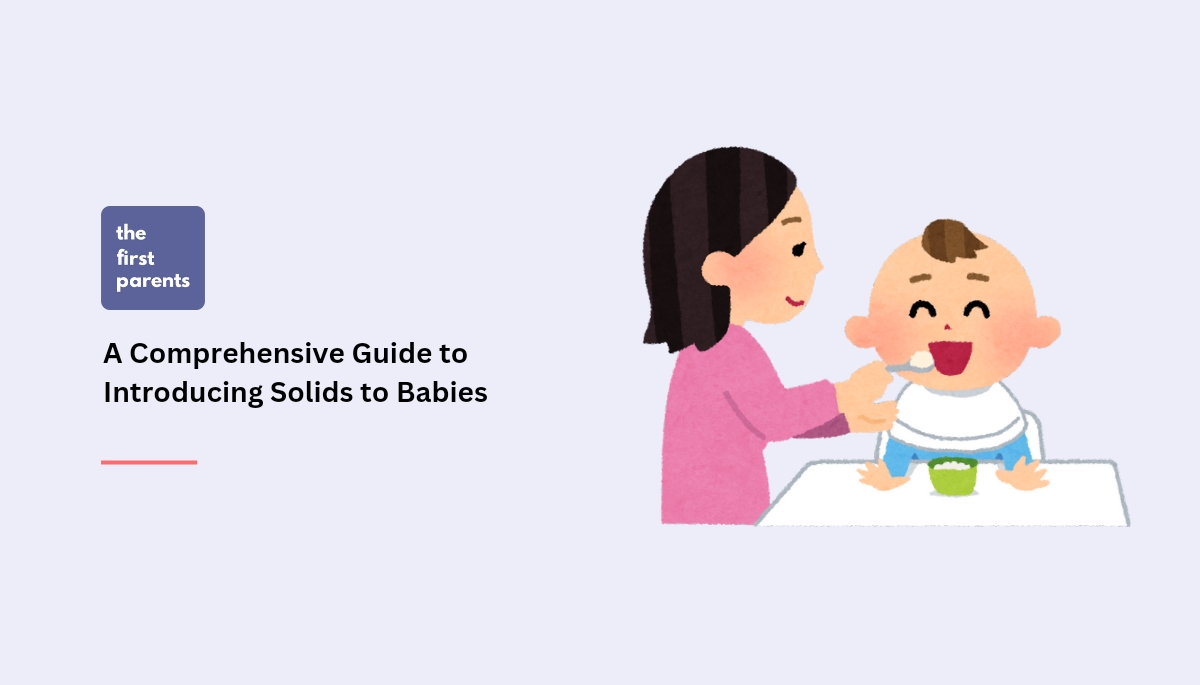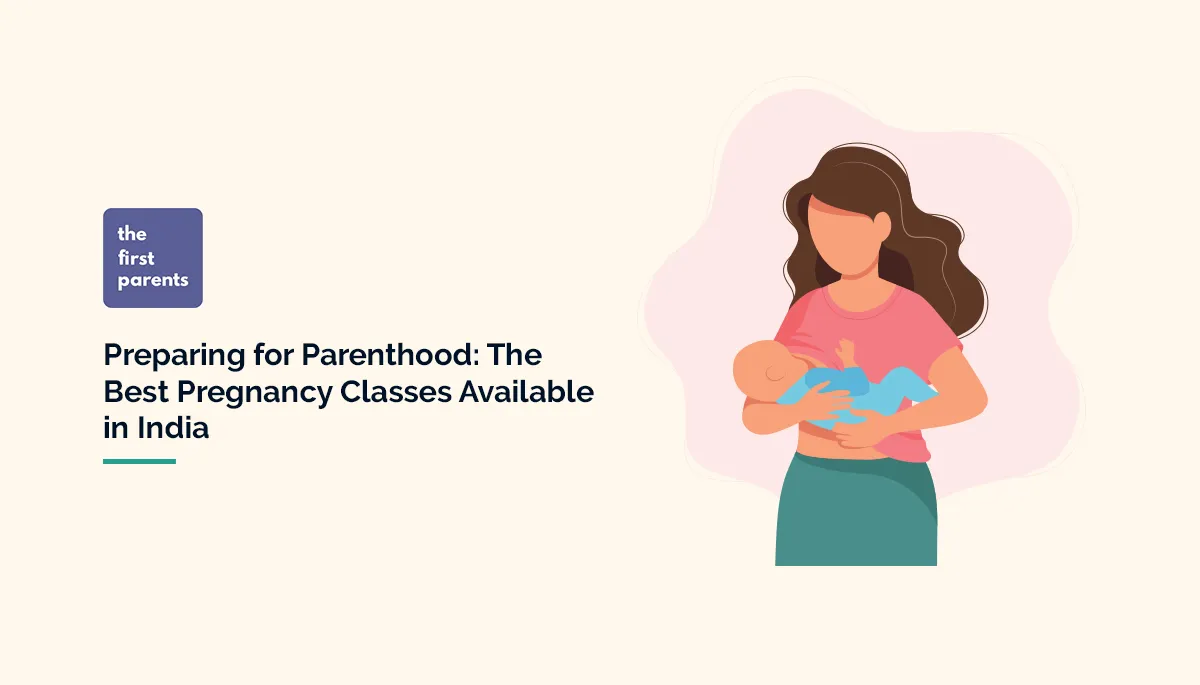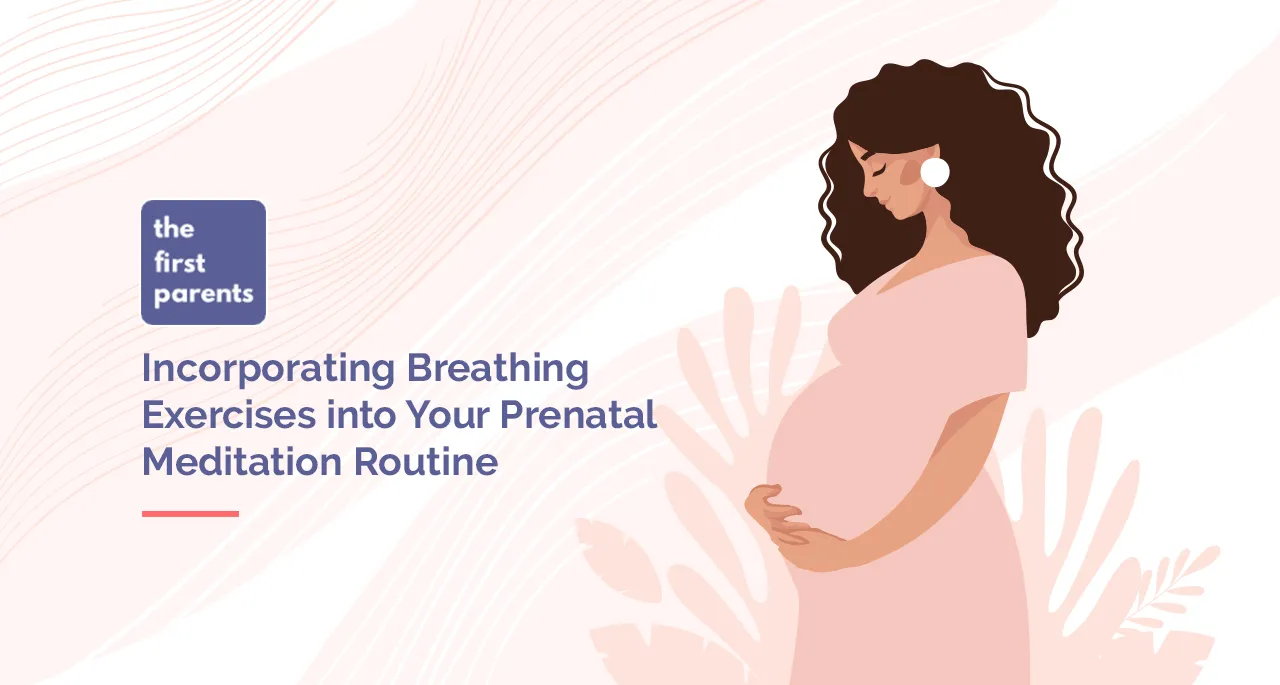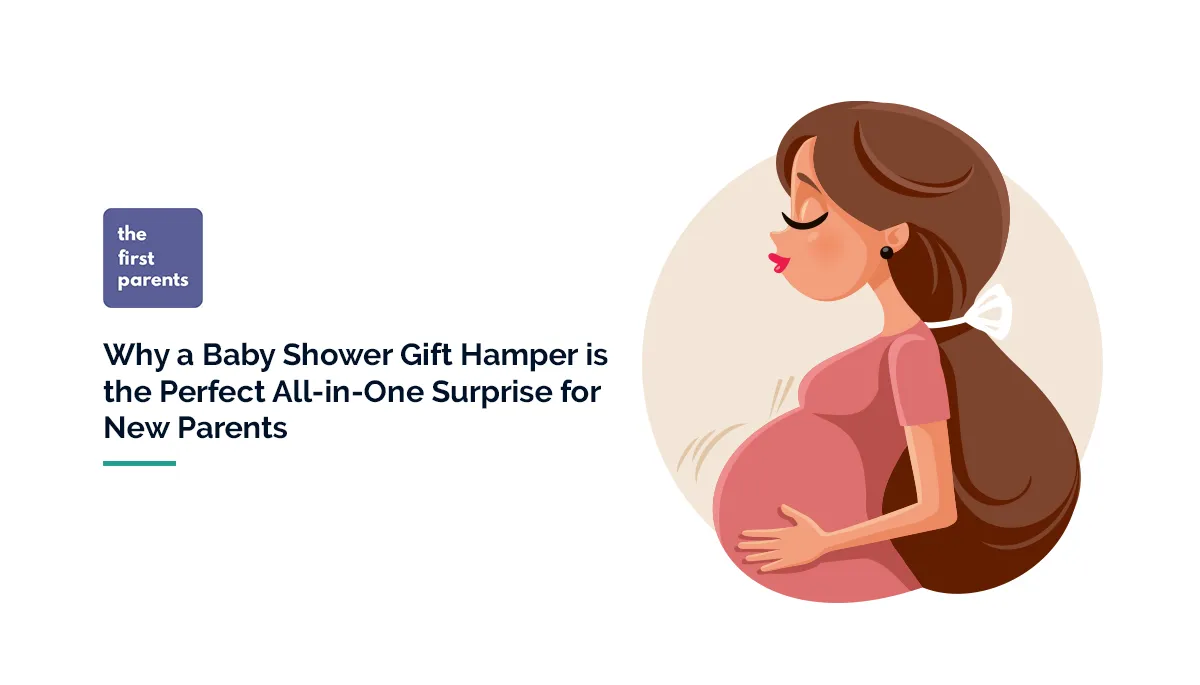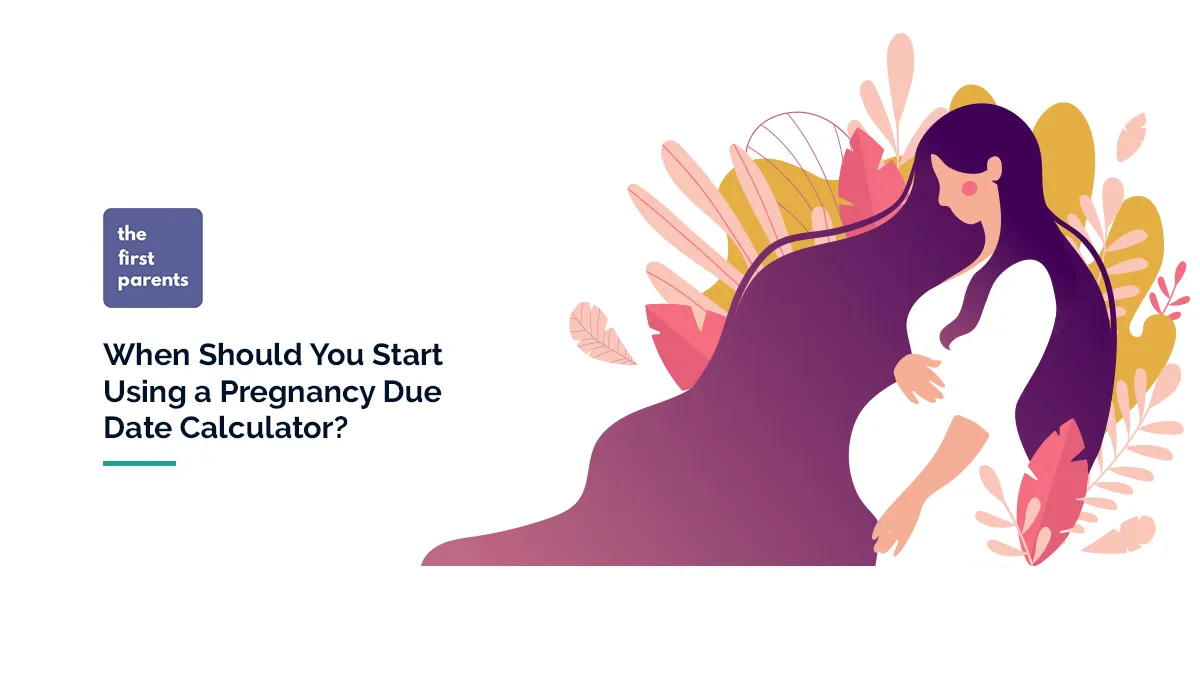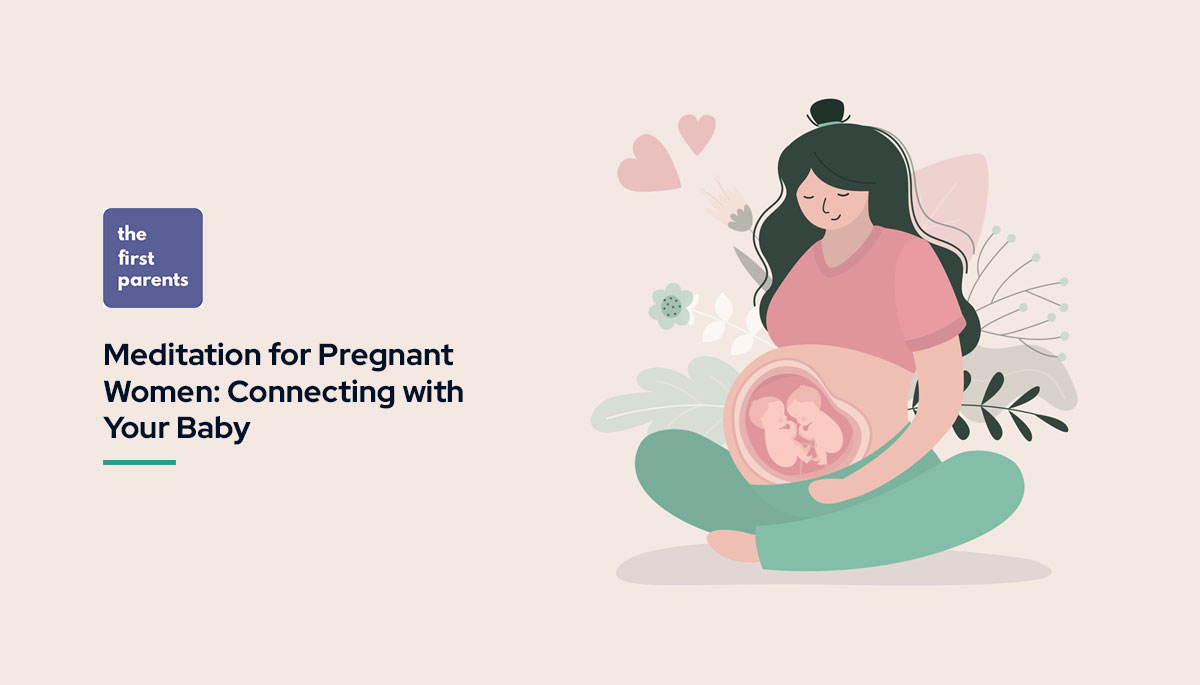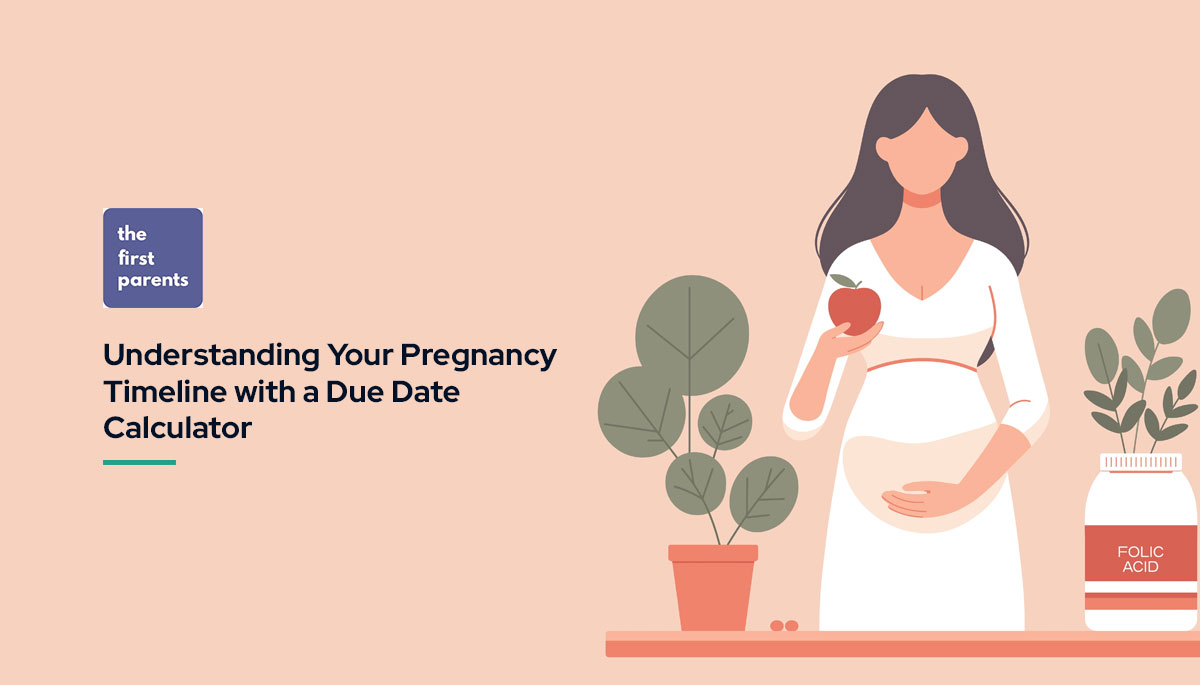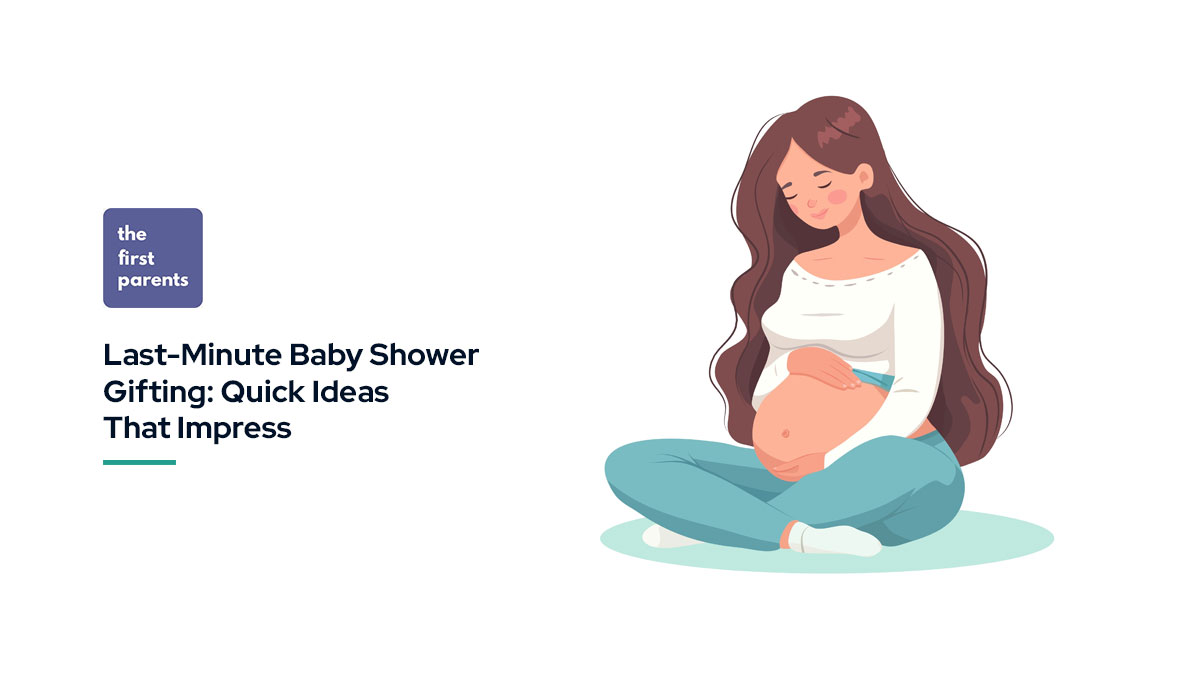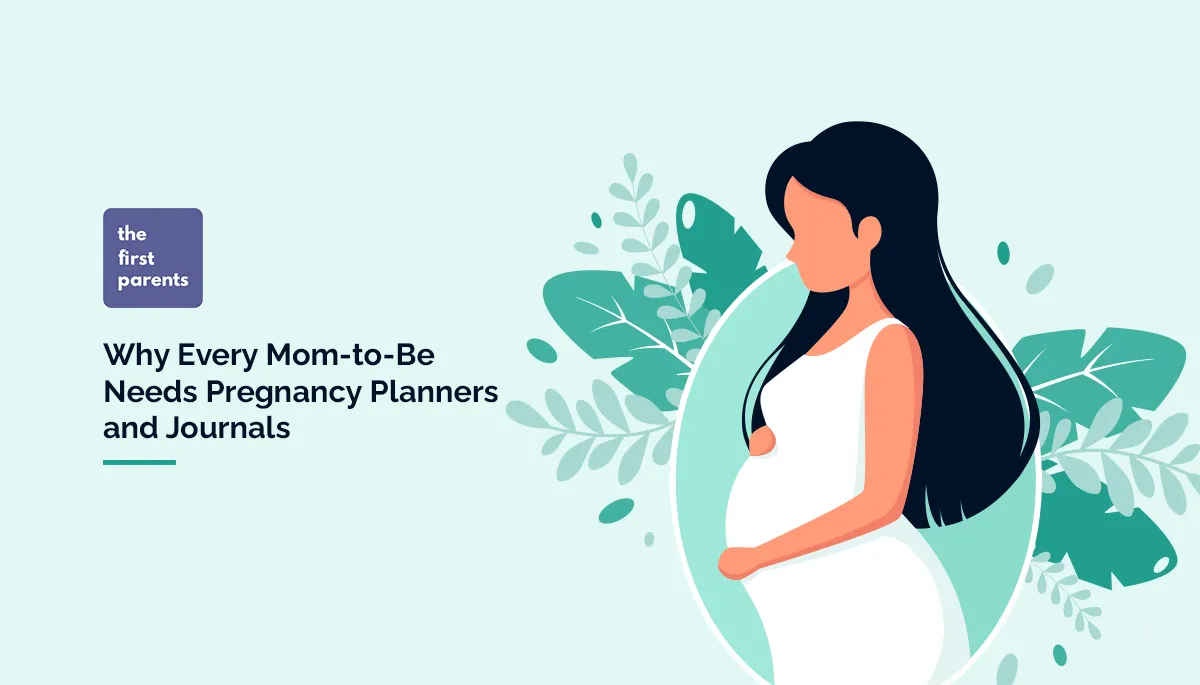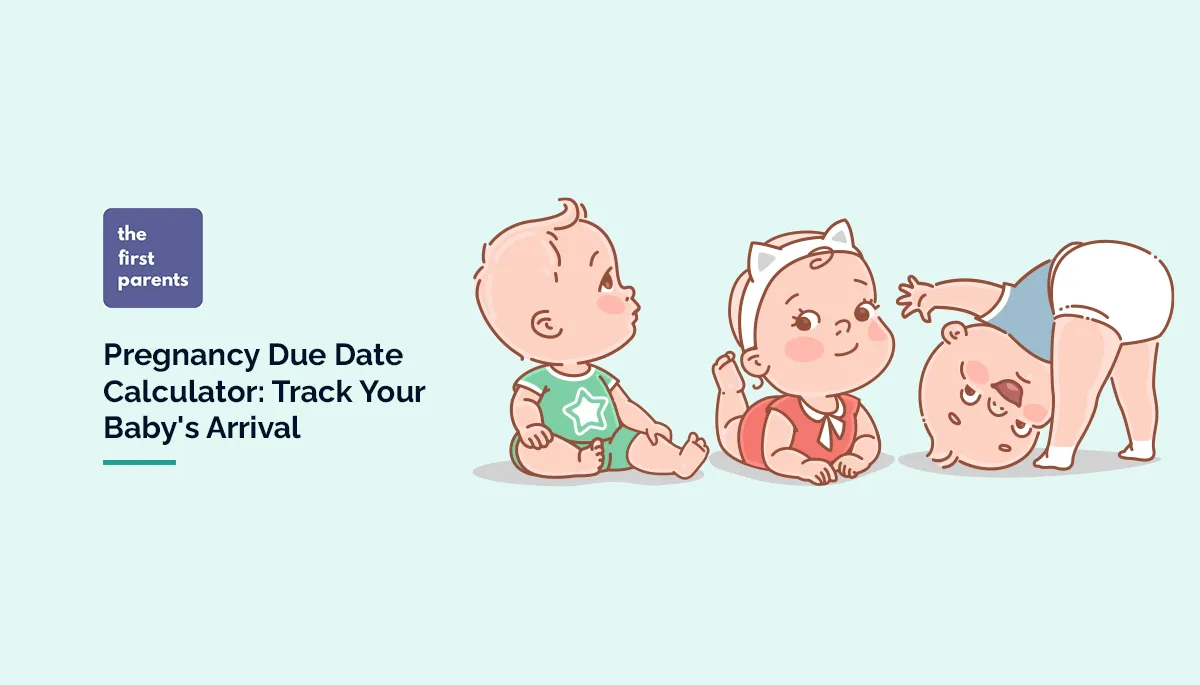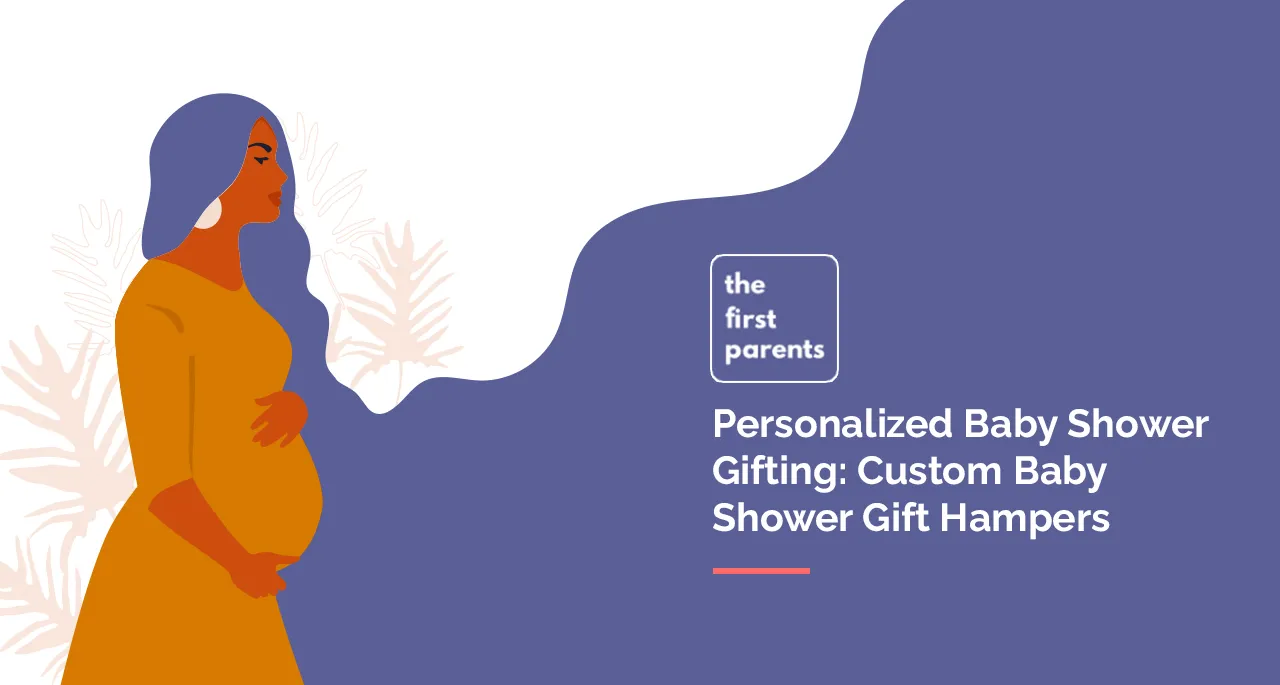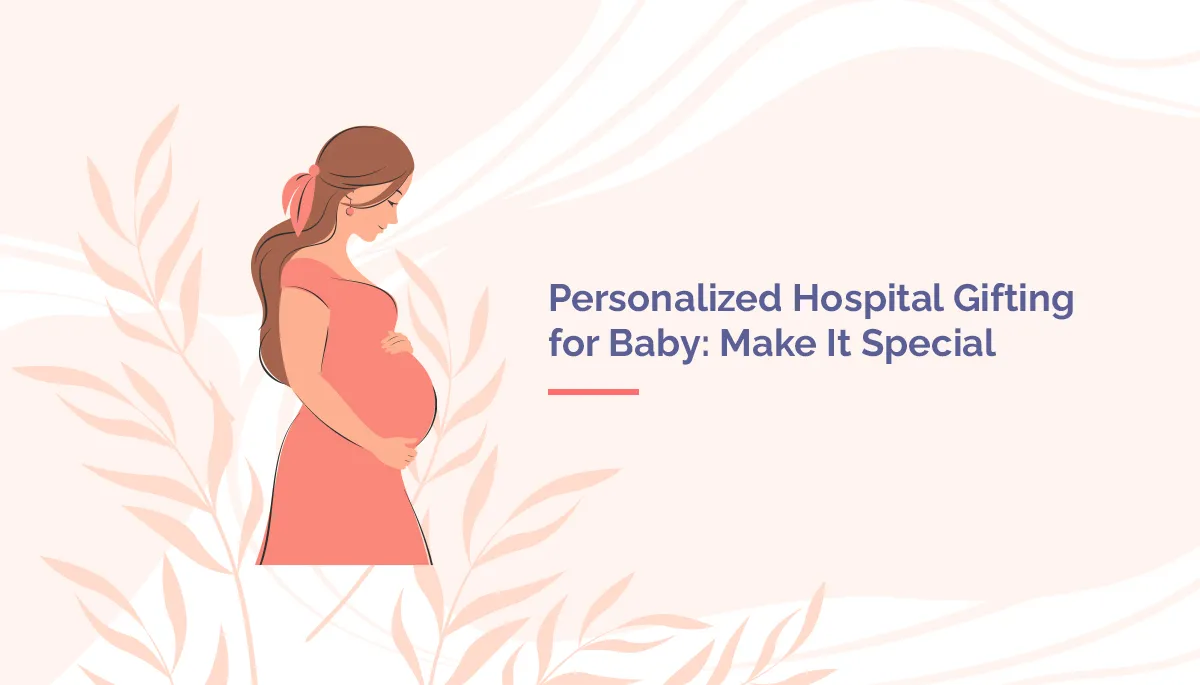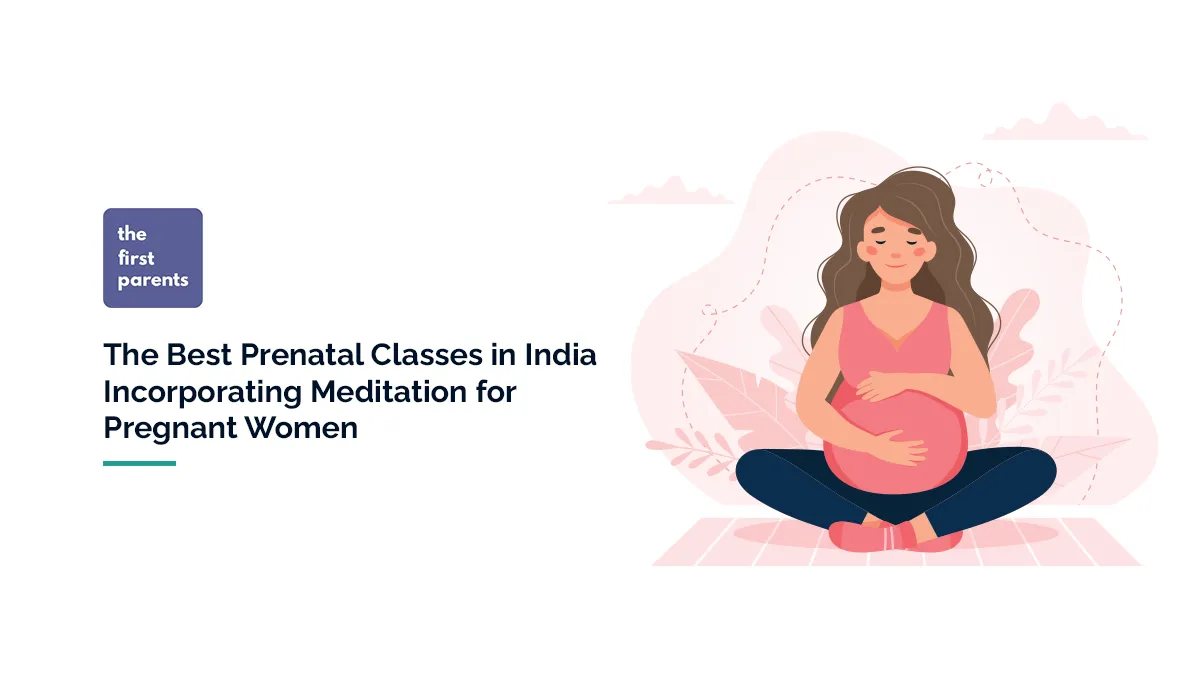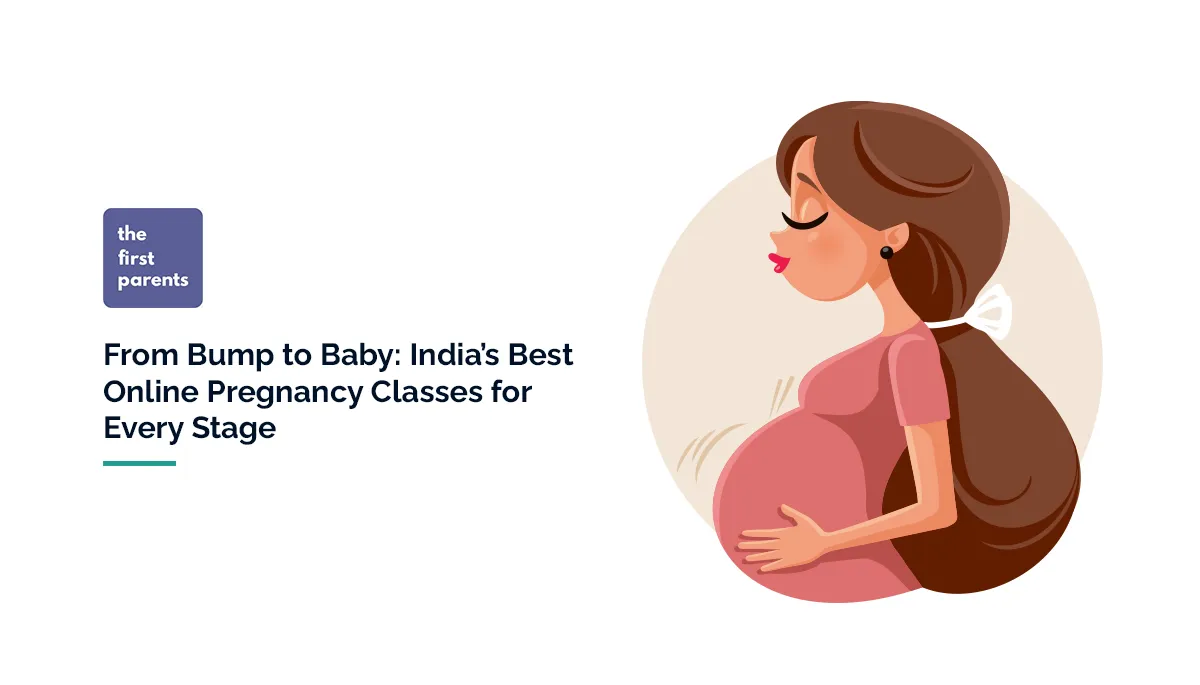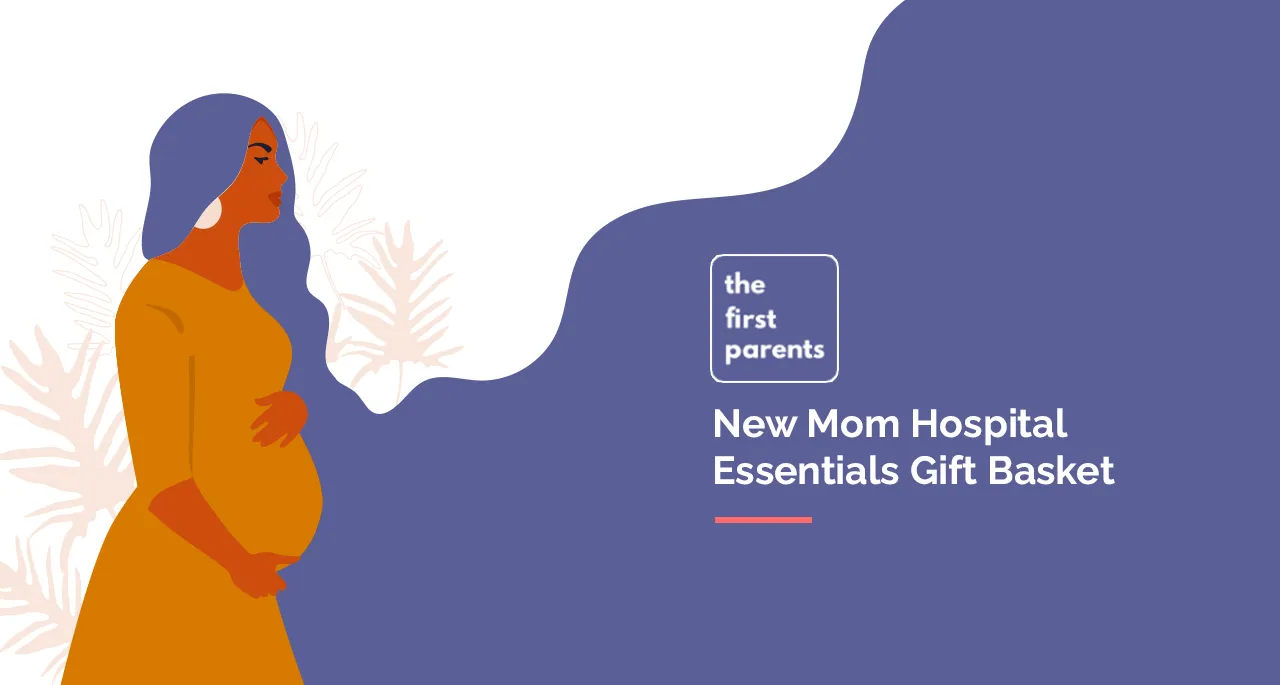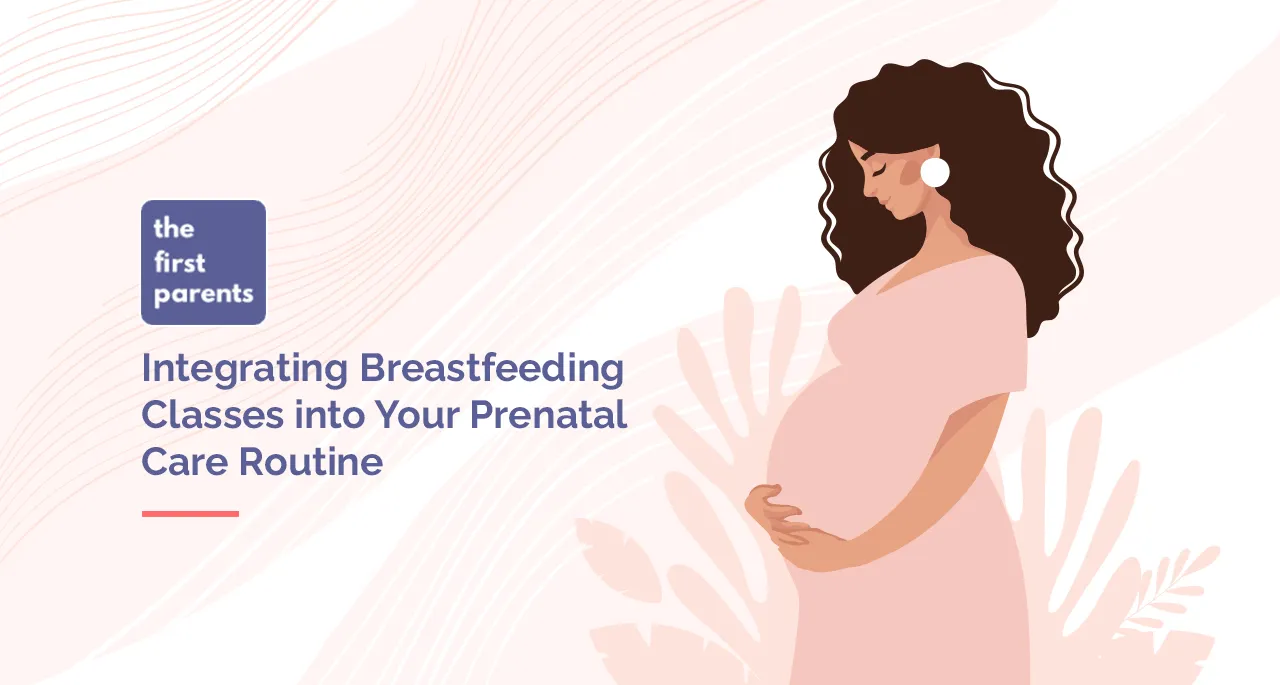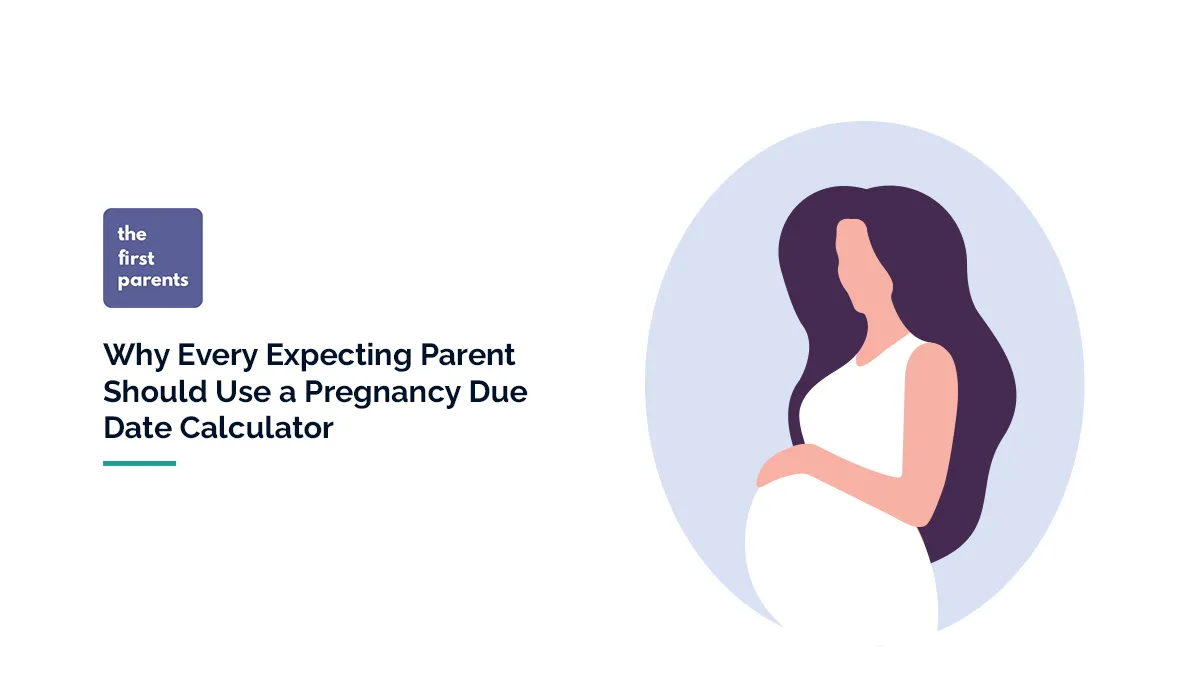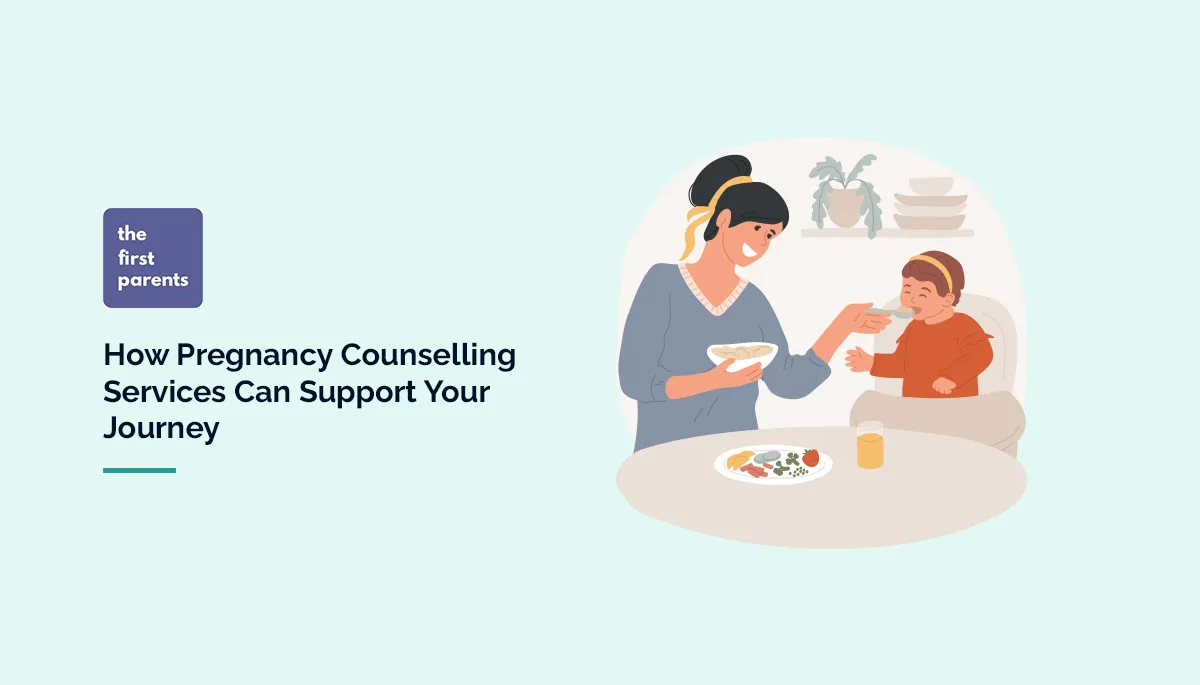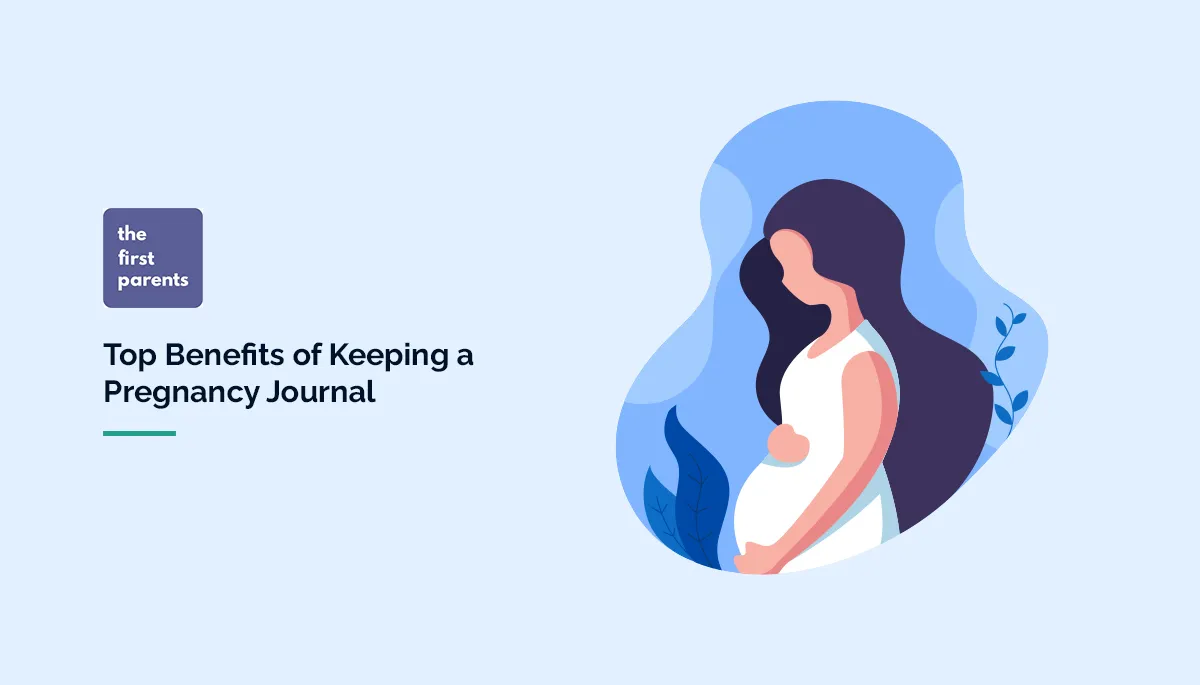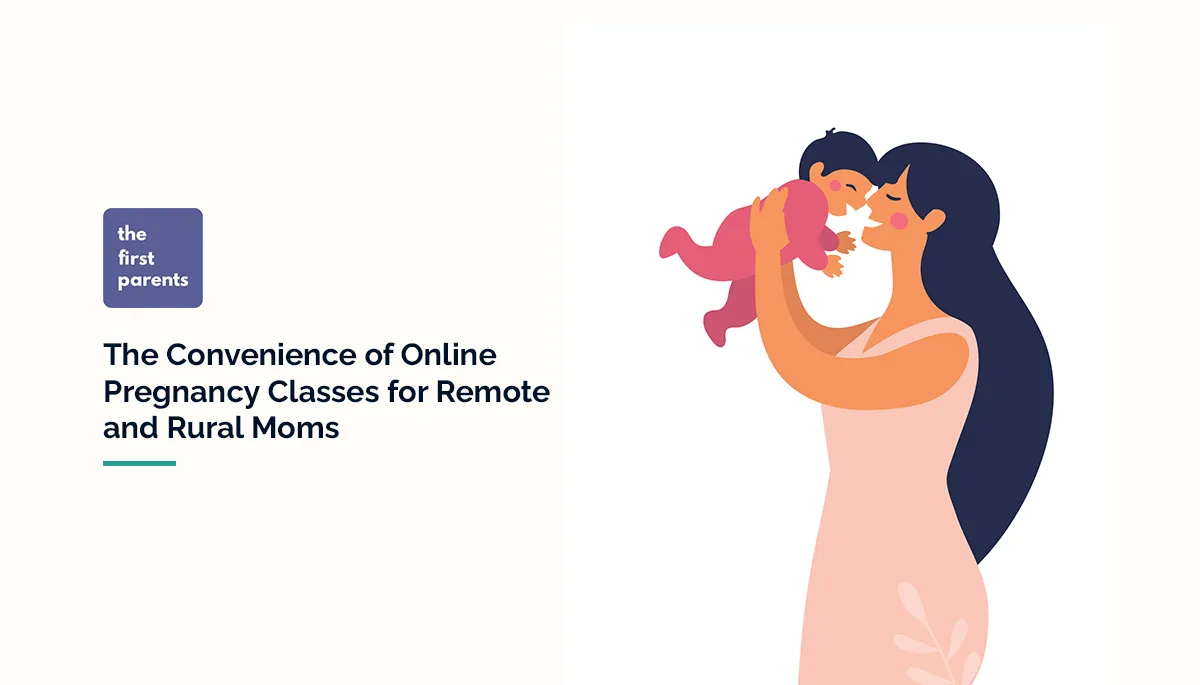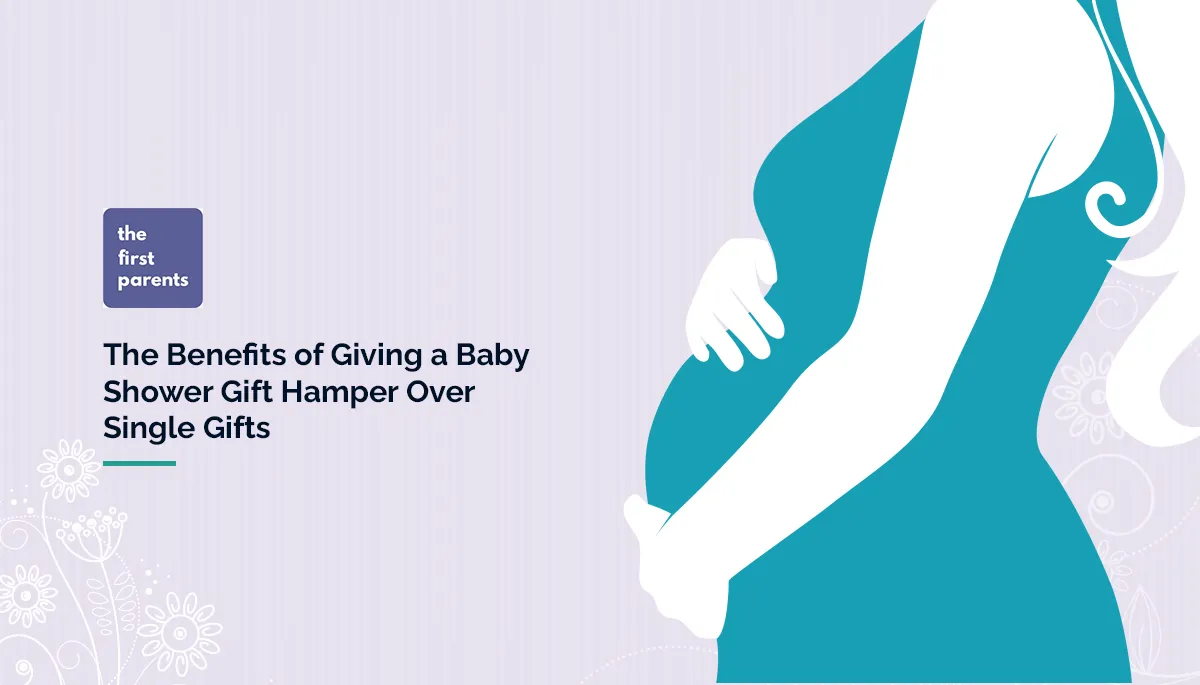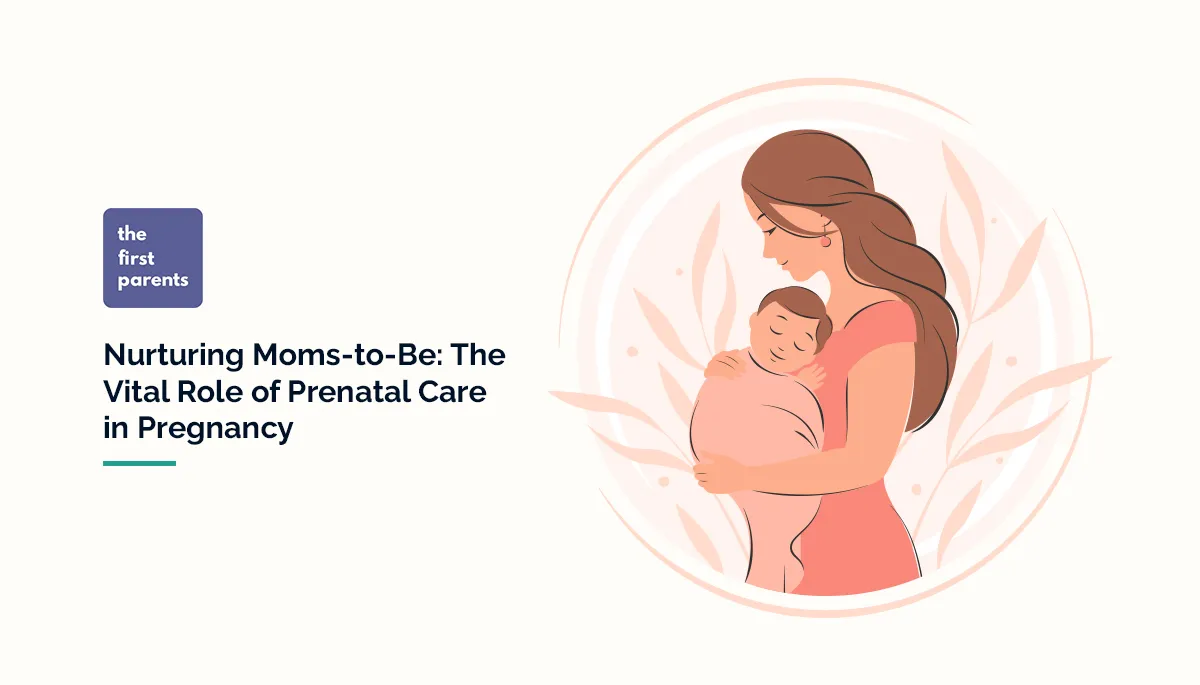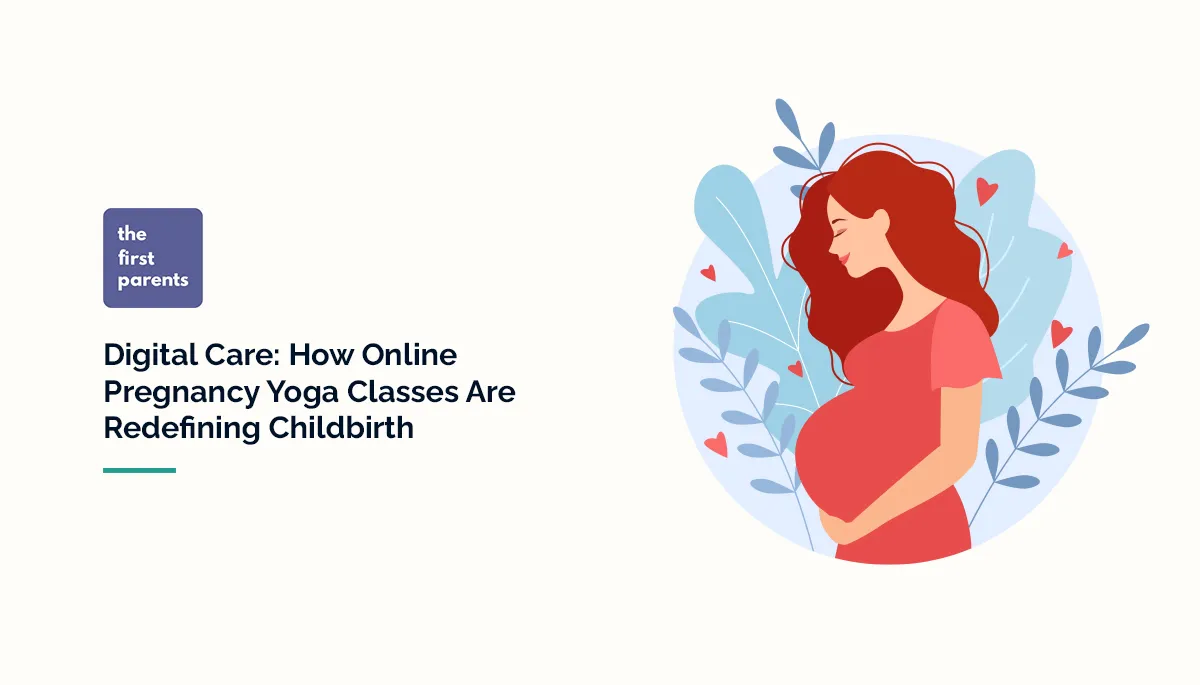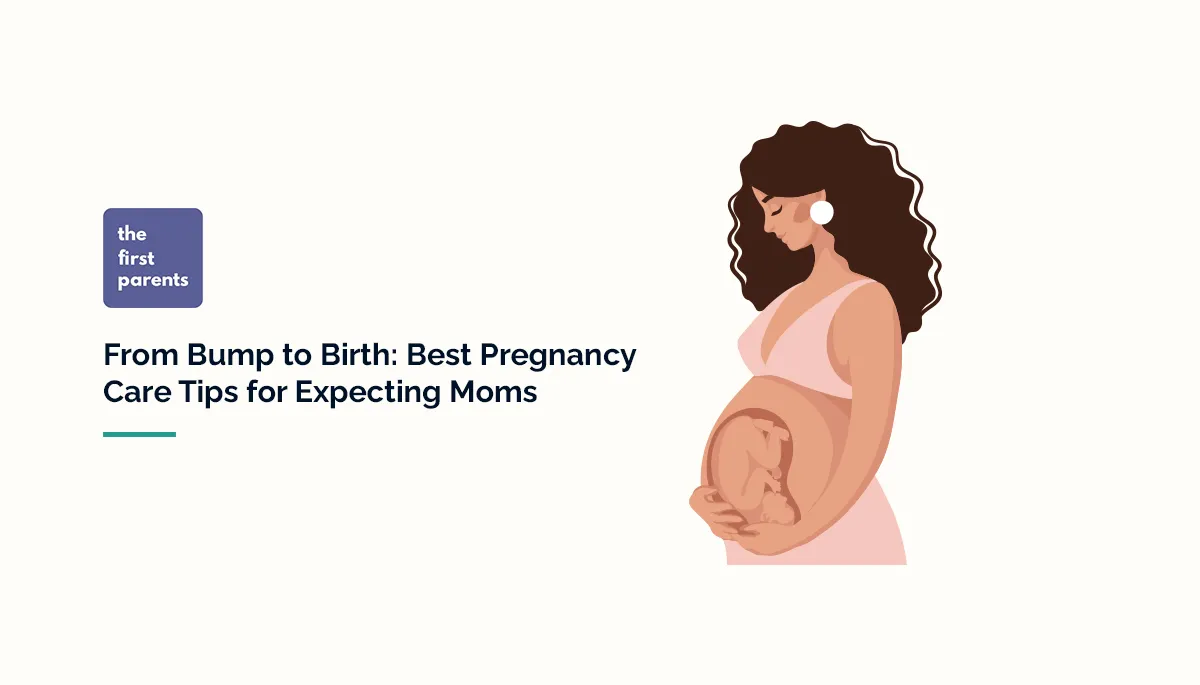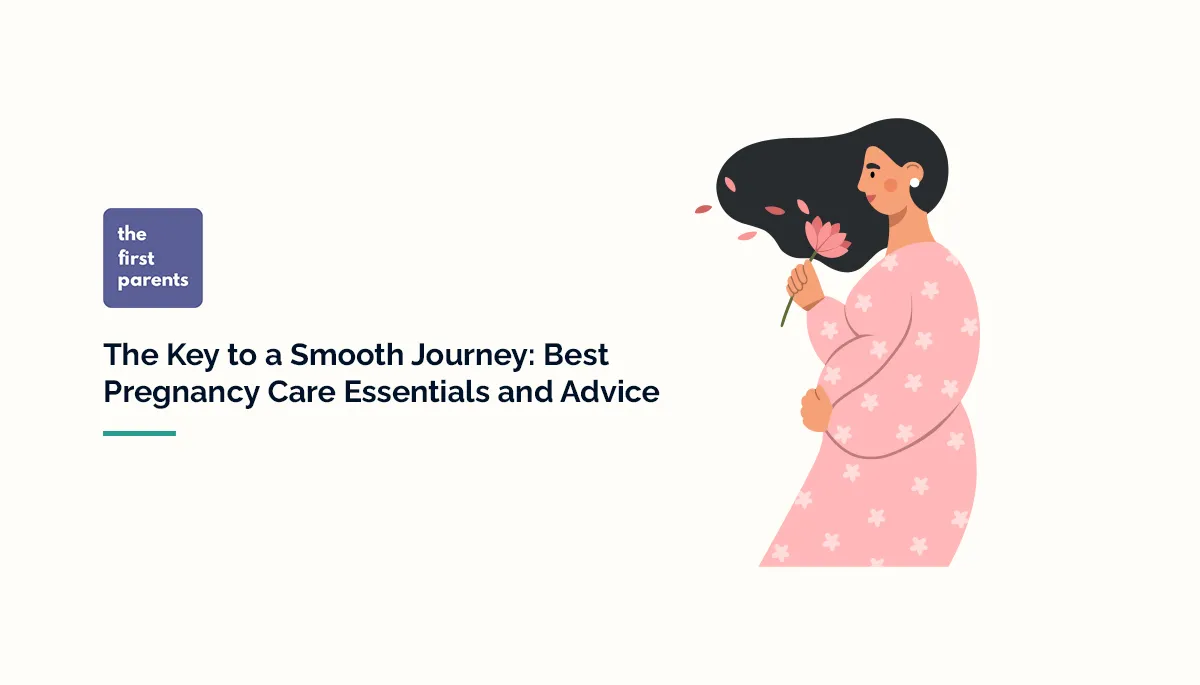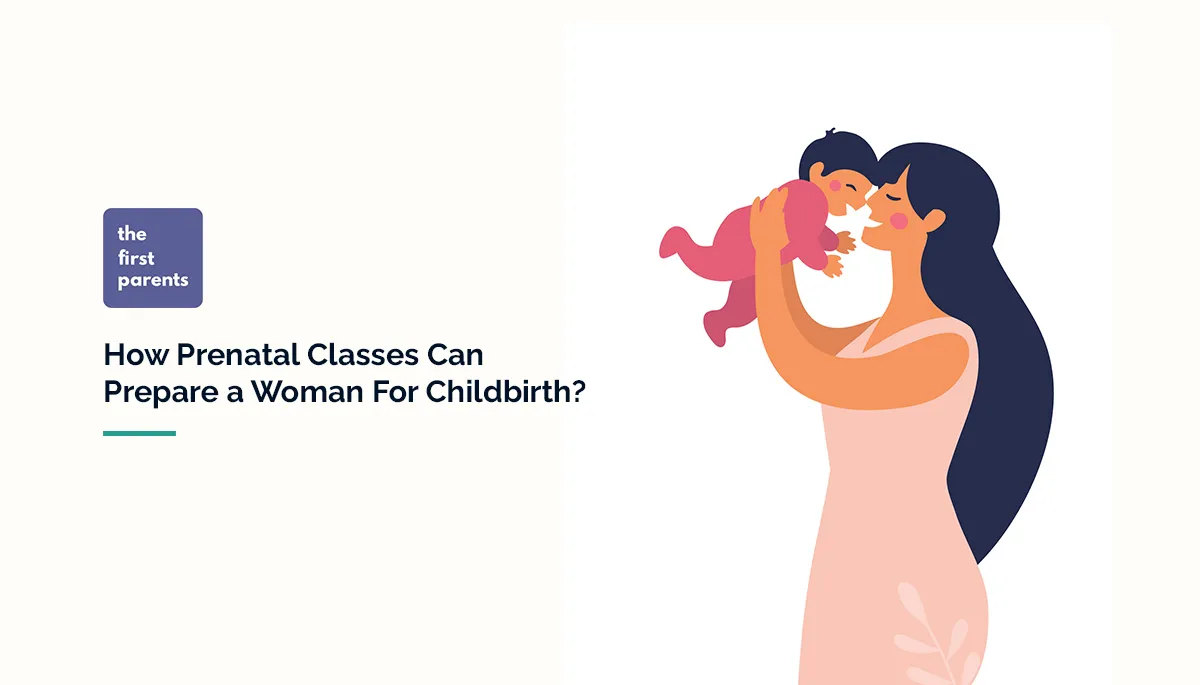Neonatal Jaundice: Everything You Need to Know
 " alt="" />
" alt="" />
- First Parents
- February 15, 2024
Neonatal jaundice is a very common condition that affects newborn babies. It is caused by very high levels of bilirubin in the blood. Bilirubin is a yellowish pigment that is produced when the body breaks down old RBCs (Red Blood Cells).
Neonates are babies below the age of 4 months.
Neonatal jaundice occurs in almost 70-80% of term babies and most of the non-term babies. Neonatal jaundice usually develops within two to three days after birth, and it typically goes away on its own within a few weeks. However, in some cases, neonatal jaundice can be severe and require medical attention and treatment.
The First Parents have the best Neonatologists with extensive experience in handling neonates. Apart from this, you can also book our pregnancy consultation and meditation classes. This blog post will provide everything you need to know about neonatal jaundice, including symptoms, causes, treatment, and prevention.
4 Symptoms of Neonatal Jaundice
The main symptoms of neonatal jaundice are the yellowing of the skin and eyes. The yellowing, in most cases, starts on the face and spreads across the rest of the body. In severe cases, the yellowing may also be visible in the whites of the eyes.
Other symptoms of neonatal jaundice may include:
- Dark yellow urine
- Fever
- Lethargy
- Poor feeding
4 Causes of Neonatal Jaundice
The most common cause of neonatal jaundice is immaturity of the liver. The liver is the organ responsible for breaking down the bilirubin in our blood and then removing it from the blood. In neonates, the liver is not fully developed and is often not very capable of breaking down the bilirubin as quickly as it should be.
Other causes of neonatal jaundice include:
- Blood type incompatibility between the mother and the baby
- The short life span of RBCs in children
- Certain medications
- Bilirubin recirculation in neonates
Treatment for Neonatal Jaundice
Most cases of neonatal jaundice are not very critical, do not require any kind of treatment, and go away on their own within a few weeks. However, parents can use a simple home remedy by placing their babies in the sunlight without any clothing or in their diapers to help break down the bilirubin in the blood. However, in some cases, the disease can be severe, and treatment may be necessary to lower the bilirubin levels in the baby’s blood.
Treatment options for neonatal jaundice include:
- Phototherapy: It is a treatment that uses greenish light to break down the bilirubin in the baby’s blood. The baby is placed under a special light for several hours each day.
- Exchange transfusion: This treatment is a procedure that replaces the baby’s blood with new blood from a donor. This procedure is rarely needed and is only used in severe cases of neonatal jaundice where the bilirubin levels are extremely high in the baby.
Prevention of Neonatal Jaundice
There is no sure way to prevent neonatal jaundice. However, there are some things that can be done to reduce the risk, such as:
- Giving the baby plenty of fluids: Fluids help to flush bilirubin from the baby’s body.
- Avoiding certain medications: Certain medications can increase the risk of neonatal jaundice.
- Monitoring the baby for signs of jaundice: Keep note if the baby’s skin or eyes are yellow after a few days of birth; contact your doctor immediately.
When to Worry About Neonatal Jaundice
If you notice any of the following symptoms in your baby, contact your doctor immediately:
- The baby is not breathing properly
- Vomiting
- Lethargy
- Jaundice occurs within the first 24 hours of birth
Talk To The Right Neonatologist
Neonatal jaundice is a common condition that affects newborn babies. It is usually mild and goes away on its own within a few weeks. However, in some cases, neonatal jaundice can be severe and require medical treatment.
You can trust the Neonatologist at The First Parents for the right diagnosis and treatment. If you are concerned about neonatal jaundice, talk to our certified expert for the right guidance. They can help you understand the condition and monitor your baby for any signs of complications. Our healthcare experts can also help you with the best pregnancy consultation and meditation classes. Book an appointment now, or check our website for more details about us.
Verified by The First Parents

